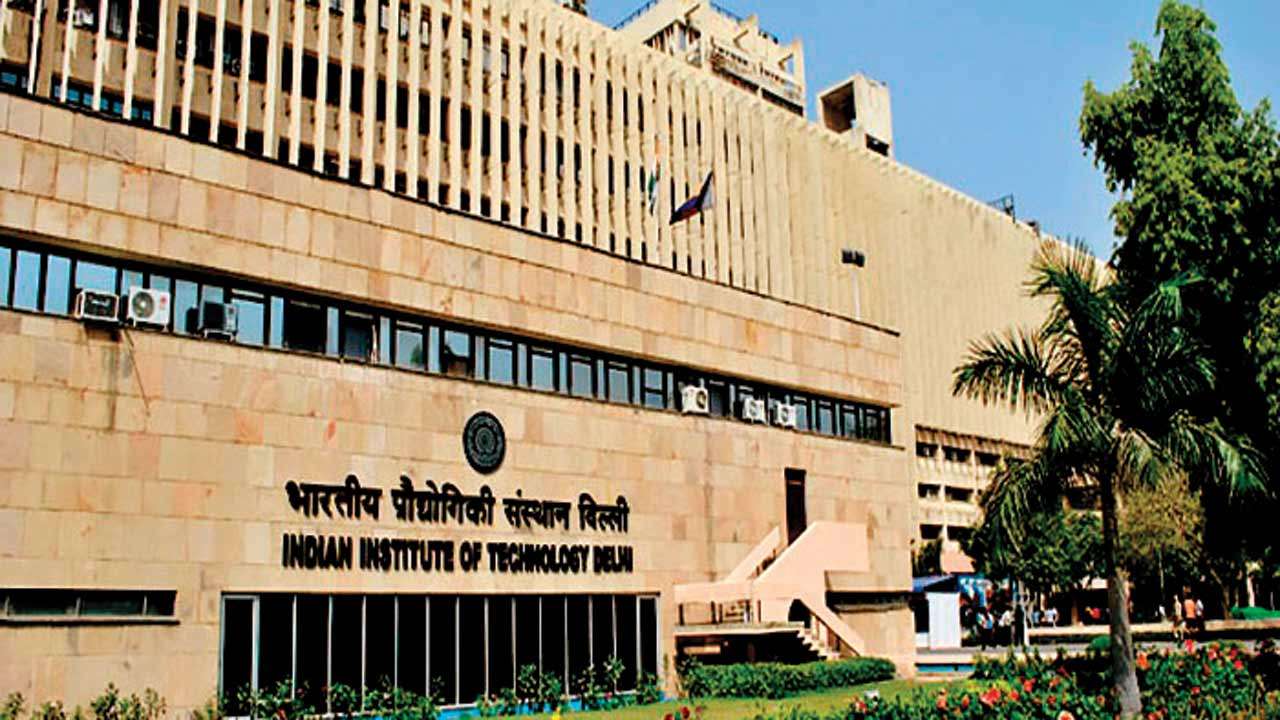New Delhi: The education sector is waiting to see reforms similar to those the Prime Minister Narendra Modi-led Centre has so far introduced in the economy, legal, and social sectors.
Last year, the Modi 2.0 government began with legal and political reforms by doing away “triple talaq” and removal of Article 370 which in the past allowed Jammu and Kashmir to avail special treatment. Both the long-awaited reforms dominated debates in recent times in the country, but educationists are still waiting to see similar reforms in the education sector.
As per experts, with the Covid-19 pandemic altering the way human beings live, the education sector, too, needs to be reformed in a way that it can cope with the demands of the time. However, after a wait for more than two decades, the Modi government had tried to introduce the New Education Policy (NEP), but despite the draft being ready, the NEP hasn’t been implemented yet.
Meanwhile, sources in the Ministry of Human Resource Development (MHRD) confirmed that the process of implementing the NEP was almost complete, but the Covid-19 crisis delayed the process. This newspaper has learnt that as soon as a state of near normalcy is achieved, the Central government is going to move quickly to implement the same. The existing Education Policy is two-decades old as it was framed in 1986 and revised in 1992.
Pravesh Kumar, who teaches at the Jawaharlal Nehru University (JNU), told The Sunday Guardian: “The New Education Policy is the need of the hour and currently, the education sector is regulated by the old policy which has kept the Indian education sector backward. The proposed NEP and its draft are well thought out and discussed and has the capacity to boost the country’s education sector. But the implementation of the NEP is being delayed due to the opposition’s pressure
Many teachers who have been behind the demand for education reforms said that the Education Policy of 1986 can’t fulfill the requirement of today’s world. However, MHRD officials have said that reforms are a constant process and the incumbent Central government and MHRD have made many provisions and introduced regulations to bring greater reforms in the education sector.
The MHRD has informed about the steps it has already taken to reform the education sector. These include the launch of the Institution of Eminence (IoE) scheme to build 20 top educational institutes with the capacity to compete with the world’s most prestigious educational institutions; programmes to improve skills in youths for their better future; reform in the University Grants Commission (UGC) and introduction of funding bodies like Higher Education Financing Agency (HEFA) and the promise of increasing education expenditure to 6% of the total GDP of the country, besides others.
According to MHRD officials, besides the above initiatives, in the last five years, the Narendra Modi-led Centre has started seven new Indian Institutes of Management (IIMs), six new Indian Institutes of Technology (IITs) and two new Indian Institutes of Science Education and Research (IISERs).
During the first stint, the Modi government had formed a committee headed by T.S.R. Subramaniam which submitted a report in May 2016, but according to sources, the recommendations were not in line with the then HRD minister Smriti Irani and the proposal failed. Later, in June 2017, a new committee headed by ISRO chief Dr K. Kasturirangan was formed. The Kasturirangan committee had submitted its final NEP draft in June 2018.

